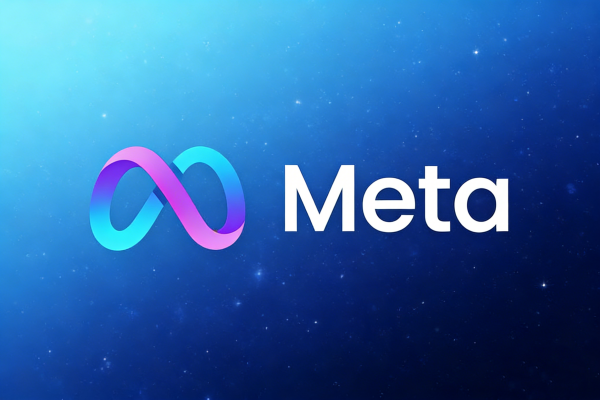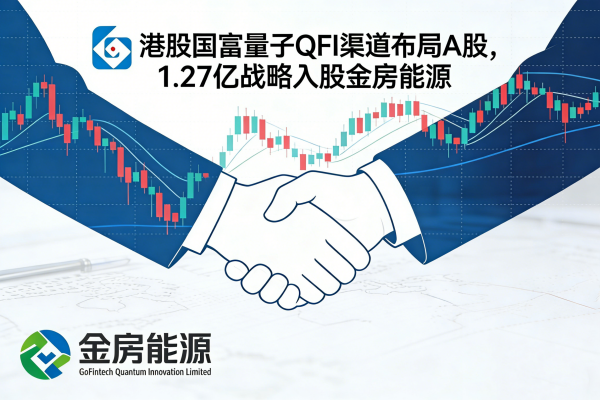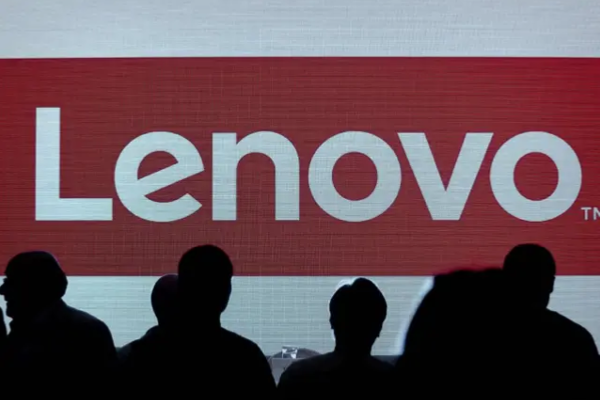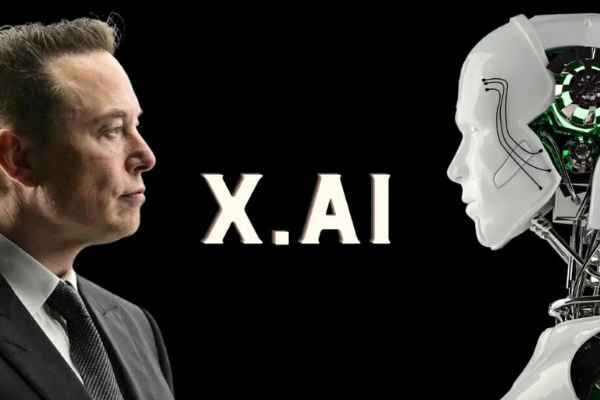Sun Yuchen sued: spent $456 million to bail out TUSD, sued First Digital Trust for misappropriation of reserve funds?
Techteryx said it was in trouble after what it called a "massive fraud" that caused its stablecoin reserves to be used for illiquid investments that it did not authorize.
Court documents filed in Hong Kong by the stablecoin issuer, confirmed by people familiar with the matter, show that Justin Sun rescued Techteryx's TrueUSD stablecoin after nearly $500 million in reserve funds became illiquid.
After acquiring TrueUSD from TrueCoin in December 2020, Techteryx appointed Hong Kong-based trustee First Digital Trust (FDT) to manage its stablecoin reserves.
According to documents prepared by U.S. law firm Cahill Gordon & Reindel, FDT was instructed to invest its stablecoin reserves in Aria Commodities Finance Fund (Aria CFF), which is registered in the Cayman Islands. However, court documents allege that approximately $456 million was improperly diverted to Aria Commodities DMCC, an unauthorized independent entity based in Dubai.
Court documents show that Matthew Brittain controls Aria Commodity Finance Fund (Aria CFF) through Aria Capital Management Ltd, while Cecilia Brittain is the sole shareholder of Aria Commodities DMCC, an independently operated entity based in Dubai.
However, Matthew Brittan's email signature from Aria uses a Dubai address.
Court documents say Cecilia is Matthew's wife.
According to Matthew Brittain in an email to CoinDesk, ARIA DMCC is engaged in trade finance, asset development and commodity trading, while ARIA CFF provides financing services to commodity traders including ARIA DMCC and other third parties.
An audit report issued by Moore CPA Limited shows that as of November 2024, FDT manages $501 million in TrueUSD reserves.
Hong Kong court documents also state that First Digital CEO Vincent Chok is accused of remitting approximately $15.5 million in undisclosed commissions to an entity called “Glass Door” and structured approximately $15 million in unauthorized trade finance loans from FDT to Aria DMCC, which were then retroactively misclassified as legitimate fund investments. The plaintiffs allege that these actions amounted to fraudulent misrepresentation and misappropriation of funds.
“The funds remitted to Aria DMCC were blatant misappropriation and money laundering,” the complaint reads. “These operations were conducted without the plaintiff’s knowledge, authorization, and approval.”
As of press time, these statements have not yet been heard in court.
Aria DMCC invested funds in various projects around the world, which it described as relatively illiquid assets such as manufacturing plants, mining operations, marine vessels, port infrastructure, and renewable energy projects.
The court documents allege that Techteryx barely recovered its money when it tried to redeem its investment from Aria CFF between mid-2022 and early 2023, and Aria-related entities were accused of failing to make payments on time and not honoring redemption requests.
Techteryx then took full control of TUSD operations in July 2023, terminating TrueCoin’s involvement. TrueCoin had continued to run TUSD’s day-to-day operations as a transitional arrangement following the December 2020 sale.
According to the court documents, Sun provided emergency liquidity support for TUSD during this period, which was set up as a loan.
The court documents also allege that despite the stablecoin issuer having no funds available, the Techteryx team isolated 400 million TUSD to ensure that retail users could still redeem normally and token holders were not affected.
First Digital says it followed Techteryx’s instructions
In response to a request for comment from CoinDesk, First Digital CEO Chok categorically denied any wrongdoing or involvement in any fraudulent scheme.
Chok told CoinDesk that First Digital Trust acted solely as a fiduciary intermediary and executed transactions strictly in accordance with instructions provided by Techteryx and its representatives. He stressed that the company was not responsible for independently evaluating or advising on these investment decisions.
“We understand that one of the main obstacles to ARIA’s refusal to redeem the funds early as requested by Techteryx was their concerns about anti-money laundering (AML) and know-your-customer (KYC) issues regarding the transactions between TrueCoin and Techteryx, particularly regarding the true identity of the ultimate beneficial owner of Techteryx,” Chok said in an email to CoinDesk, adding that he did not believe any party involved in the case believed Aria lacked liquidity.
“We have not yet had the opportunity to fully defend ourselves,” Chok said in the email, adding that “we will do our utmost to clarify these issues as the legal and arbitration proceedings proceed.”
Matthew Brittain of Aria Group told CoinDesk that he “completely denies Techteryx’s allegations against ARIA DMCC and any related entities,” adding that “many false allegations have been made during the court proceedings.”
Brittain said Techteryx was fully aware of the relevant investment term commitments, which were set out in the contract agreed to by subscribers when investing in ARIA CFF and clearly listed in the offering prospectus.
Brittain also echoed Chok’s concerns about Techteryx’s beneficial ownership, noting that the Wall Street Journal has reported on the topic.
The Hong Kong court summons lists Li Jinmei as Techteryx’s ultimate beneficial owner. A Techteryx spokesperson confirmed that this person is not Jennifer Yiyang, the former beneficial owner mentioned in the media, despite confusion in some media reports.
“The subscriber has not resolved those issues,” Brittain added, referring to concerns about beneficial ownership.
Prime Trust collapse, SEC settlement add insult to injury
As this happened, TUSD’s woes continued to intensify, manifested in the collapse of a banking partner and pressure from U.S. regulators.
In mid-2023, Prime Trust, an independent crypto custodian based in Nevada and not directly involved in this case, was taken over by state regulators. TrueUSD had used the firm as a fiat on-ramp partner.
State regulators accused Prime Trust of improperly using customer funds to meet withdrawal requests, raising serious concerns about its financial stability.
Court documents in Nevada show that Prime Trust owed about $85 million in fiat obligations, with only about $3 million in available funds at the time.
This was not the last problem facing the stablecoin issuer.
In September 2024, TrueCoin and TrustToken (the stablecoin’s owners before Techteryx took over) settled with the U.S. Securities and Exchange Commission (SEC) over allegations that they falsely promoted TrueUSD as “fully backed by the U.S. dollar” while secretly investing reserve funds in high-risk overseas funds.
Although they did not admit any wrongdoing or disclose details of overseas investments by companies related to Aria, TrueCoin and TrustToken agreed to pay a total of just over $500,000 in civil penalties and return ill-gotten gains to settle charges of fraud and illegal securities offerings.
Aria’s Brittain said that investing stablecoin reserve funds in Aria was not a suitable decision from the beginning.
“ARIA CFF never promoted its investment strategy as highly liquid or suitable for stablecoin reserves,” he wrote in an email.









